Asia Today: North Korea Tells WHO It’s Still Virus-Free
Isolated North Korea has continued to claim a perfect record in keeping out the coronavirus in its latest report to the World Health Organization.
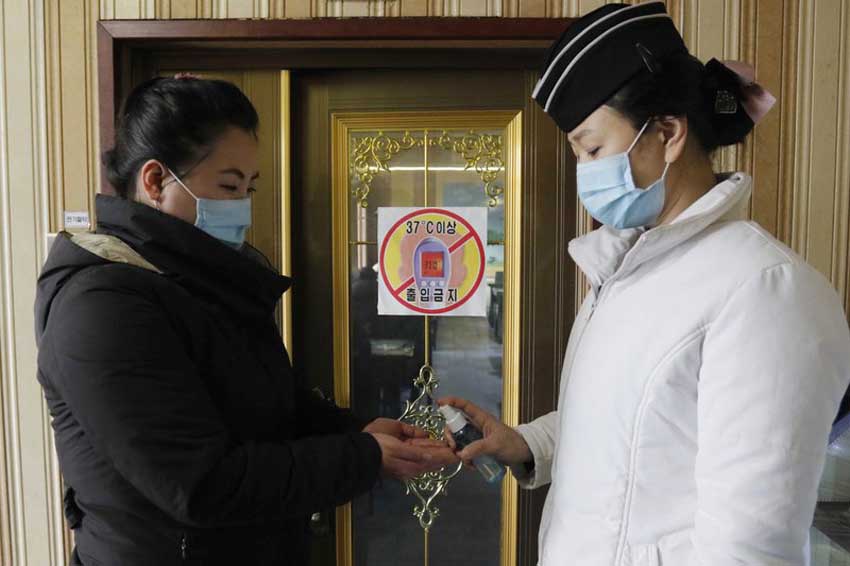
FILE: In this Feb. 5, 2021, file photo, a staff member, right, of the Pongnam Noodle House disinfects the hands of a woman coming into its restaurant in Pyongyang, North Korea. Isolated North Korea has continued to claim a perfect record in keeping out the coronavirus in its latest report to the World Health Organization, on Wednesday, April 7, 2021. At the beginning of the pandemic more than a year ago, North Korea shut its borders and described its efforts to keep out the virus as a “matter of national existence.” It banned tourists, jetted out diplomats and still severely limits cross-border traffic while quarantining tens of thousands of people who have shown symptoms. Photo: AP Photo/Jon Chol Jin, File
SEOUL, South Korea (AP): Isolated North Korea has continued to claim a perfect record in keeping out the coronavirus in its latest report to the World Health Organization.
At the beginning of the pandemic more than a year ago, North Korea described its efforts to keep out the virus as a “matter of national existence.” It shut its borders, banned tourists and jetted out diplomats. It still severely limits cross-border traffic and has quarantined tens of thousands of people who have shown symptoms.
But it still says it has found no case of COVID-19, a widely doubted claim given its poor health infrastructure and a porous border with China, its economic lifeline.
In an email to The Associated Press on Wednesday, Edwin Salvador, WHO’s representative to North Korea, said the North has reported it tested 23,121 people for the coronavirus from the beginning of the pandemic to April 1 and that all results were negative. Salvador said the North said 732 people were tested between March 26 and April 1.
WHO officials say the North is no longer providing the U.N. agency with the number of people it quarantines with suspected symptoms.
North Korea said Tuesday it would skip the Tokyo Olympics to protect athletes from the “world public health crisis caused by COVID-19.”
The U.N.-backed program to ship COVID-19 vaccines worldwide said in February that North Korea could receive 1.9 million vaccine doses in the first half of this year. However, COVAX has since warned of global shortages because the Serum Institute of India, which is licensed to produce the AstraZeneca vaccine, is putting its supplies into domestic demand while India’s virus caseload is surging.
In other developments in the Asia-Pacific region:
— India has hit another new peak with 115,736 coronavirus cases reported in the past 24 hours. New Delhi, Mumbai and dozens of other cities are imposing curfews to try to slow the soaring infections. The latest rise overtook Sunday’s record of 103,844 infections. Fatalities rose by 630 in the past 24 hours, the highest since November, raising the total death toll in the country to 166,177 since the pandemic began. Experts say the surge is blamed in part on growing disregard for social distancing and mask-wearing in public spaces. The latest surge in infections is worse than the last year’s peak of more than 97,000 a day in mid-September.
— South Korea has reported 668 new cases of the coronavirus, its highest daily jump in nearly three months, as concerns grow about another surge and a slow vaccine rollout. The numbers released by the Korea Disease Control and Prevention Agency on Wednesday brought the national caseload to 106,898, including 1,756 deaths. Most of the new cases were in the Seoul area and other major cities. Officials previously insisted a wait-and-see approach was feasible on South Korea’s vaccine rollout because the nation’s outbreak wasn’t as dire as those in America and Europe. Now, they say they are considering all possible measures to prevent a shortage, and it remains to be seen whether they would consider curbing exports of AstraZeneca shots produced by local firm SK Bioscience.
— Facing criticism for a vaccine rollout that’s behind schedule, Australia’s Prime Minister Scott Morrison notes his country has faced difficulty in getting promised vaccine doses from Europe. He said over 3 million of Australia’s contracted AstraZeneca vaccine doses haven’t yet arrived — but that shouldn’t be taken as him criticizing the European Union. “That’s just a simple fact. That’s not a dispute. It’s not a conflict. It’s not an argument. It’s not a clash. It’s just a simple fact. And I’m simply explaining to the Australian public that supply issues is what’s constraining and has constrained, particularly over these recent months, the overall rollout of the vaccine,” Morrison told reporters in Canberra. He said he will write again to the European Union and AstraZeneca requesting they send the full order of vaccine doses. Morrison said some of the doses will be sent to help its neighbor Papua New Guinea deal with its virus outbreak. In March, Europe stopped about 250,000 vaccines going to Australia due to concerns about European supply shortages.
— Nepal resumed giving out vaccinations against COVID-19 on Wednesday with vaccines donated by China. The Himalayan nation had begun its vaccination campaign in January with AstraZeneca vaccines manufactured by the Serum Institute in India, but had to suspend it after India cut the supply. China donated 800,000 doses of the Sinopharm vaccine that was flown in last month. India had first gifted 1 million doses of the AstraZeneca vaccine and Nepal purchased 2 more million from the company. However, only 1 million was supplied and delivery of the other half has been delayed by the company.
-
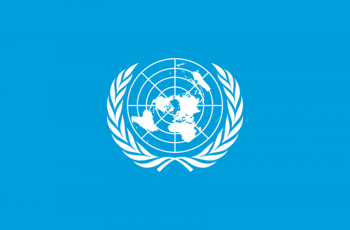
Asia hit hardest by climate and weather disasters last year, says UN
2024-04-23 -
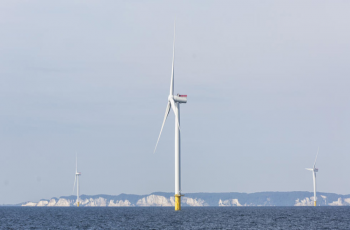
Denmark launches its biggest offshore wind farm tender
2024-04-22 -

Nobel laureate urges Iranians to protest 'war against women'
2024-04-22 -
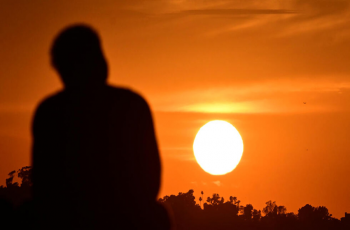
'Human-induced' climate change behind deadly Sahel heatwave: study
2024-04-21 -
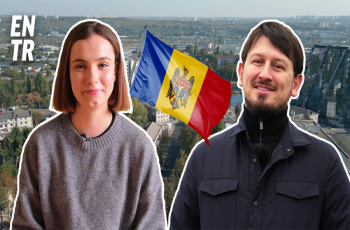
Moldovan youth is more than ready to join the EU
2024-04-18 -
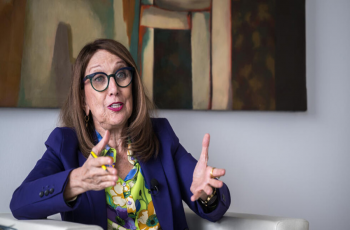
UN says solutions exist to rapidly ease debt burden of poor nations
2024-04-18 -
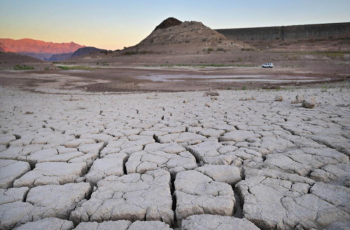
Climate impacts set to cut 2050 global GDP by nearly a fifth
2024-04-18 -
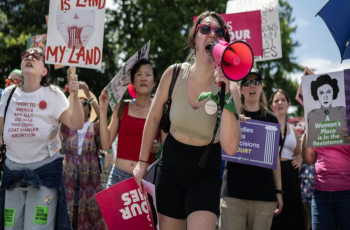
US sterilizations spiked after national right to abortion overturned: study
2024-04-13 -
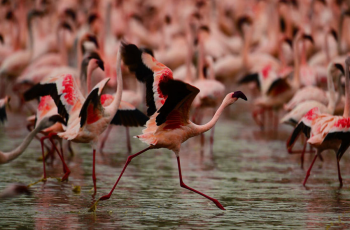
Future of Africa's flamingos threatened by rising lakes: study
2024-04-13 -
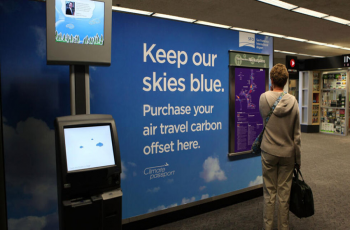
Corporate climate pledge weakened by carbon offsets move
2024-04-11
